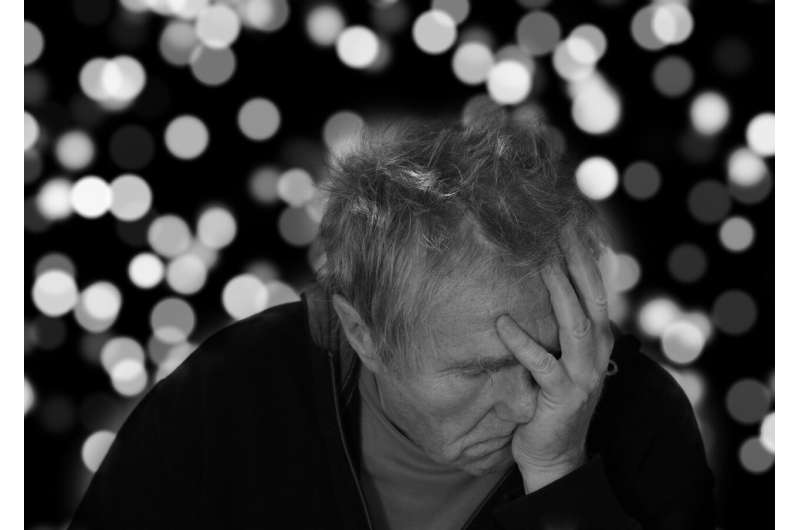Link Between Depression and Long-Term Physical Pain in Older Adults

New study links depression and loneliness to the development of physical pain in older adults, highlighting the importance of early mental health interventions to prevent long-term discomfort.
Recent research by University College London reveals a significant connection between depression and the development of physical pain in middle-aged and older adults. The study shows that individuals experiencing pain later in life often had worsening symptoms of depression up to eight years before the onset of pain. This pattern suggests that mental health issues like depression may serve as early indicators or contributors to future physical discomfort.
The study analyzed data from 3,668 adults over the age of 50, comparing those who experienced moderate to severe pain with a matched group without such pain. Findings indicated that depressive symptoms increased rapidly in the years leading up to the onset of pain, peaked at the point when pain began, and remained elevated afterward. Conversely, individuals without pain consistently demonstrated lower and more stable levels of depression.
Interestingly, the research also observed a rise in loneliness among those who later developed pain, both before and after pain was reported, highlighting the complex interplay between mental health and social factors. Notably, loneliness, contrasting with objective social isolation, is a subjective feeling of lacking social connection, which seemed to influence the pain experience.
The types of pain most commonly reported were in the back, knee, hip, or foot, with some individuals experiencing widespread or other forms of pain. The study underscores that while the exact causes of pain were not pinpointed, psychological factors such as depression and loneliness can contribute to pain through mechanisms like increased inflammation and heightened pain sensitivity.
Lead researcher Dr. Mikaela Bloomberg emphasized the importance of early mental health interventions. Addressing depression and social support issues before pain manifests could potentially delay or lessen future physical discomfort. Moreover, socioeconomic status appeared to influence the severity of depressive symptoms, with less affluent individuals experiencing greater increases. This highlights the need for accessible mental health and community resources, especially for vulnerable populations.
The study also distinguished between subjective loneliness and objective social isolation, suggesting that the quality of social relationships may be more crucial than the quantity. Approximately 75% of those reporting pain experienced discomfort in the back, knee, hip, or foot, while a smaller percentage reported widespread or other types of pain.
Limitations of the research include its predominantly white sample, which may limit generalizability. Future studies are recommended to explore these patterns in more diverse populations and younger age groups. Despite these limitations, the findings reinforce the importance of integrating mental health care into pain prevention strategies.
The research utilized extensive longitudinal data from the English Longitudinal Study of Aging, covering over two decades, demonstrating the importance of early mental health management in aging populations.
Source: https://medicalxpress.com/news/2025-05-depression-linked-physical-pain-years.html
Stay Updated with Mia's Feed
Get the latest health & wellness insights delivered straight to your inbox.
Related Articles
Moderate Weekend Sleep Helps Reduce Anxiety in Teens
A new study reveals that getting up to two hours of extra sleep on weekends compared to weekdays can lower anxiety symptoms in teenagers, highlighting the importance of balanced sleep patterns for mental health.
Reactivating Indigenous Languages Promotes Better Public Health Outcomes
Reviving Indigenous languages is linked to improved mental health, reduced suicide rates, and stronger community well-being, according to recent research from UBC and partners.
Global Analysis Highlights Critical State of Adolescent Health at a Crossroads
A new Lancet analysis warns that over one billion adolescents will face critical health threats by 2030, with rising obesity, mental health issues, and climate change challenges demanding urgent action.
Understanding Cultural Perspectives on Living with Dementia
A new report explores how societal narratives influence the experiences of those living with dementia and emphasizes the importance of inclusive, respectful perspectives to improve care and societal support.



